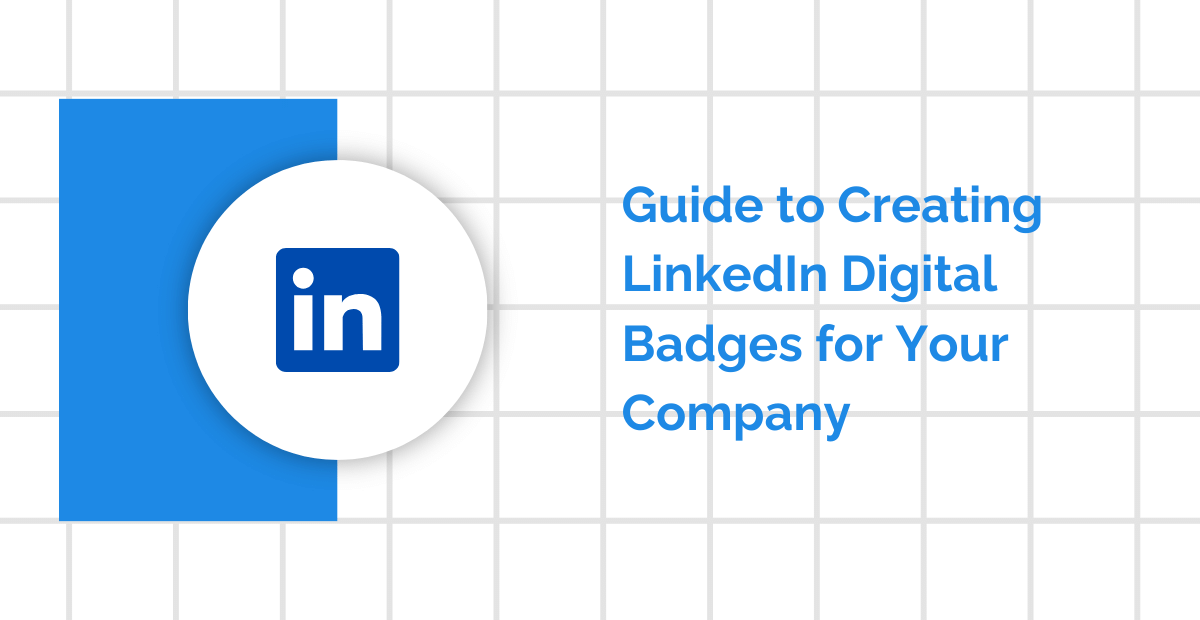Issuing digital credentials has its own set of advantages; it can assist organisations in increasing employee satisfaction, which leads to more productive workers. Productive personnel also contribute to the company’s success and performance in meeting its goals, boosting sales and overall efficiency.
There are two widely known business types: B2B Marketing and B2C marketing. But, specifically, how can you use certificates in your marketing to attain these advantages?
B2B Marketing:
Any marketing approach or content directed toward a business or organisation is referred to as B2B (business-to-business) marketing. B2B marketing methods are used by companies that leverage B2B eCommerce to sell products or services to other businesses or organizations rather than consumers. These strategies often rely on b2b marketing communication tools, such as email automation, CRM platforms, and targeted content delivery systems to build relationships, nurture leads, and streamline the sales process.
Referral programs and email marketing are two of the most effective B2B marketing strategies. The following are some of the ways that digital credentials can help B2B companies with these marketing strategies:
Referral: Reviews and real-world experiences with a product or service continue to influence a large number of buyers. For product development companies, a referral or recommendation from a trusted source builds credibility and instils confidence in potential customers, ultimately increasing brand exposure and driving qualified interest.
Email: When sending an email to potential members or customers, the digital badge or credential is presented together with the digital signature and firm logo, they are convinced the mail is not spam and are interested in what the message proposes. To avoid bounces and keep that trust, verify your email list before hitting send.
According to Flow State Sales, a sales training agency, B2B sales and marketing strategies should align with the target audience’s pain points. A proper sales training program can help the team to design appropriate strategies.
B2C Marketing:
B2C marketing, or business to customer marketing, is a combination of plans, practices, and strategies that a firm use to promote its products or services to customers. B2C marketing aims to elicit an emotional response from customers in addition to focusing on the benefit or value that a product provides.
Customers are the focus of B2C marketing, thus acquiring their loyalty and trust is critical for organisations. Many businesses, both large and small, have used incentives to reward loyal consumers, members who have stayed with them for the longest time, or customers who participate. For example, a cafe may provide personalised deals to its loyal customers to encourage them to help with food service and promote customer loyalty.
Similarly, luxury brands like Tissot often offer exclusive rewards or concierge services to reinforce loyalty, recognizing that long-term relationships matter as much as single sales.
These incentives in form of Digital badges or digital credentials can have the same effect in gaining customer loyalty and building and maintaining customer relations.
Internal training programs for B2B and B2C marketing:
Regardless of the type of business or brand strategy, they must have an internal training programme in place to reskill their employees with updated knowledge and respond to the integration of technology.
Internal training programmes could issue digital credentials upon completion of the course, which would serve as genuine confirmation of the acquired competencies and skills.

 Author :
Author : 




